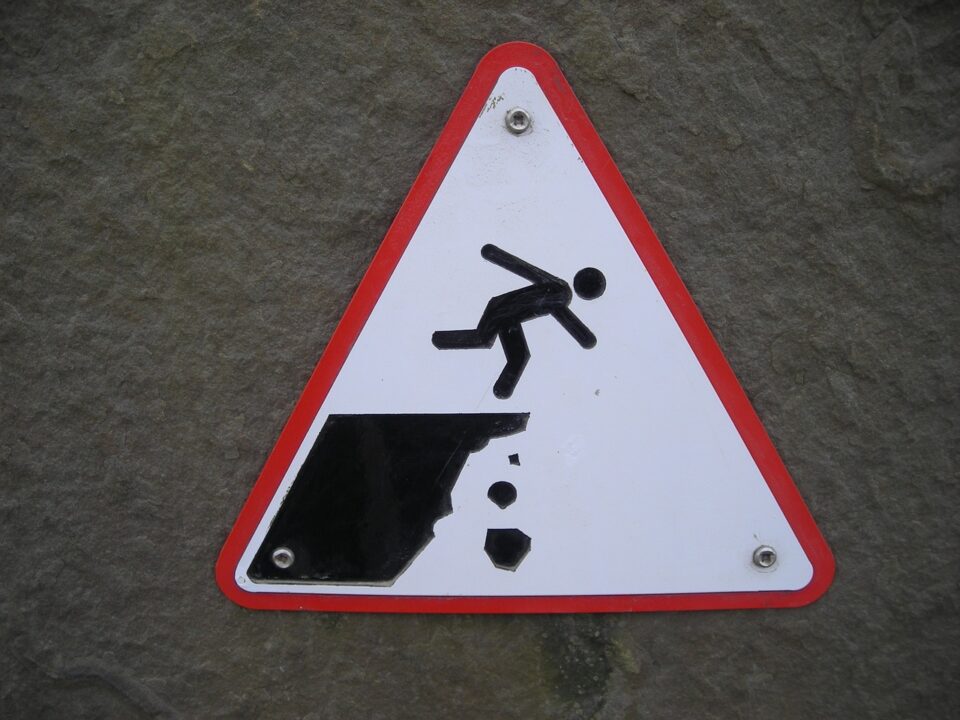
NJEducationAid: NJ Policy Perspective's Biased Research Is Misleading You About NJ Teacher Pensions.
December 8, 2020
COMMENTARY: Good Luck Finding an Education Secretary Who Can Help Kids and Make Unions Happy, Mr. President-Elect
December 9, 2020Senate Education Committee Demands a "Reckoning With Truth," Despite Pleas From NJEA
After the U.S. education system fractured into Zoom screens last spring, experts feared millions of children would fall behind. Hard evidence now shows they were right. flood of new data — on the national, state and district levels — finds students began this academic year behind. Most of the research concludes students of color and those in high-poverty communities fell further behind their peers, exacerbating long-standing gaps in American education.
A study being released this week by McKinsey & Co. estimates that the shift to remote school in the spring set White students back by one to three months in math, while students of color lost three to five months. As the coronavirus pandemic persists through this academic year, McKinsey said, losses will escalate. “I think we should be very concerned about the risk of a lost generation of students,” said former education secretary John B. King Jr., who is now president of Education Trust, an advocacy and research group focused on equity issues.
That’s the opening of Sunday’s Washington Post front-page story, “A lost generation’: Surge of research reveals students sliding backward, most vulnerable worst affected.” The article details the nationwide learning loss among traditionally disenfranchized students during the COVID-10 pandemic as experts weigh in on possible interventions which, says one, will need to be “dramatic.”
The first step in intervention, of course, is finding out how far students, predominantly low-income, are lagging behind.
But this appears to be a step too far for those who would rather turn away from this “lost generation” in order to preserve the pretense of “we’re doing just fine.” Yesterday some of them testified against New Jersey Senate bill 3214. (See here and here for recent coverage.)
These oppponents of gathering data on student outcomes include (surprise!) New Jersey Education Association leaders. They were joined by members of the New Jersey Principals and Supervisors Association, NJ School Boards Association, Garden State Coalition, and NJ Association of School Administrators. In linking arms against truth, they directly oppose the nation’s leading civil rights groups, who wrote in a recent letter to the U.S. Department of Educaion,
Particularly now, during this time of national crisis, states and school districts have a duty to serve our most vulnerable children by doing all they can to assess the impact of the pandemic and to provide additional resources and supports to the students that need them the most. We cannot improve what we do not measure, and if we do not measure the opportunity gaps being exacerbated during COVID19, we risk losing a generation of young people.
Lucky for NJ students, Senate Education Committee Chair Teresa Ruiz had little patience for those who oppose measuring student outcomes. She questioned what, in fact, the NJ Department of Education was waiting for: “The (state Department of Education) should be doing this on their own accord,” she said. “But when the administration is not doing this, the Legislature needs to step in.”
And when NJEA lobbyist Francine Pfeffer, expressed queasiness with the use of the term “learning loss” — “unfinished learning or learning delay,” she tendered, “is a much better term for this”—Ruiz shot back,
“Learning loss is extraordinarily real thing, and I will not move away from that,” she responded to Pfeffer. “It does happen and it has happened.”
From NJ Spotlight:
Ruiz pressed on, saying the data on student performance is critical right now in gauging the impact of the pandemic, She noted that while other state departments have been collecting information, the education department has provided little.
“This should have started months ago,” Ruiz said.
“We need to have that data, and as we know there will be only certain amount of money, how do we have a blueprint to bring every child up to speed?” she said.
“Let’s have a reckoning with truth so it helps policy for every child,” Ruiz said. “Not about punishment or withholding funds, but programs like summer extension. How do you have that discussion without collecting data.”
Those at the hearing yesterday who favor truth-telling over euphemisms included the New Jersey Children’s Foundation, JerseyCAN, the New Jersey Parent Teacher Association, New Jersey Chamber of Commerce, the African American Chamber of Commerce of New Jersey, Statewide Hispanic Chamber of Commerce of NJ, and the New Jersey Business & Industry Association. From a letter they co-signed:
Without key baseline information about the impact of the COVID-19 pandemic on student learning and the social and emotional well being of students and families, we will not be able to effectively and efficiently craft programs to accelerate student learning and help get our student and families, especially our low-income students, back on a path towards academic success.
Lucky for NJ schoolchildren and their families, the Senate committee passed the bill by a vote of 5-1, so it will proceed to the Senate floor. In the best of all possible worlds (yeah, weird time for a Voltaire reference), this bill will be rendered moot because the NJ DOE will issue a mandate requiring all districts to administer these handy-dandy Start Strong assessments right on its website that are “designed to be administered in approximately 45-60 minutes to an entire class or grade level and will provide immediate results.”
Our schools can’t spare an hour to get an approximation of what our most vulnerable children need? Who are they kidding.




